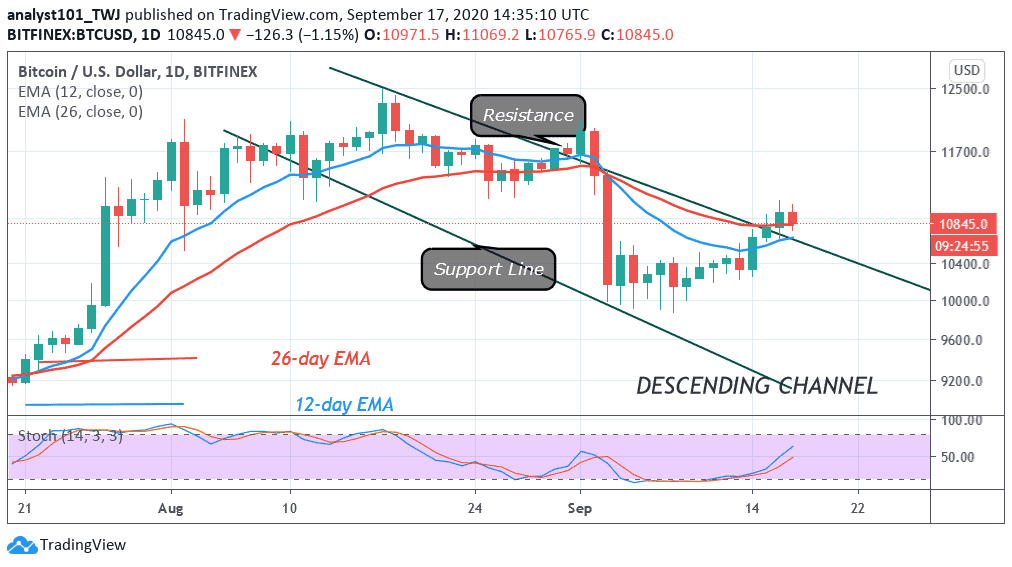Join Our Telegram channel to stay up to date on breaking news coverage
Regulators in 49 US states have proposed a unified new regulation for crypto firms in the country. The Conference of State Bank Supervisors, which represents regulators from states and territories of the US launched this regulatory framework for crypto and payment companies.
Regulators move forward for regulations
Regulators in 49 US states have agreed to create a single set of supervisory rules for money services businesses in the country, which will include crypto service providers. State regulators oversee 79% of the total number of banks in the US. The CSBS said on Tuesday that the new framework will help companies working across the US states and also help in lowering compliance costs for regulators.
The CSBS is a national organization representing banking regulators from all 50 US states alongside its territories like the District of Columbia, Puerto Rico, Guam, American Samoa, and the US Virgin Islands. It also runs the Nationwide Multistate Licensing System on behalf of the regulators of the state. On Wednesday, a spokesperson for the CSBS noted 49 states, leaving Montana, along with Puerto Rico and DC have become parties of the new framework.
What will the new system achieve?
The new system aims to
“ensure compliance with regulations on anti-money laundering, cybersecurity, financial condition, and other areas,” the spokesperson added, noting that “Companies have to be licensed in 40+ states to be included.”
The CSBS is calling it the MSB Networked Supervision initiative that will be applicable to 78 of the largest payment and crypto companies in the US with a combined value of over $1 trillion in customer funds. Nationwide payment firms like PayPal and Western Union will have to go through a single comprehensive exam by a joint group of regulators to satisfy all regulatory requirements of different states. This will save time and cost as firms will not have to undergo dozens of tests for individual states.
One state will oversee a group of examiners coming from around the country. This will bring experts together and free up resources of the state by reducing compliance costs.
Join Our Telegram channel to stay up to date on breaking news coverage



